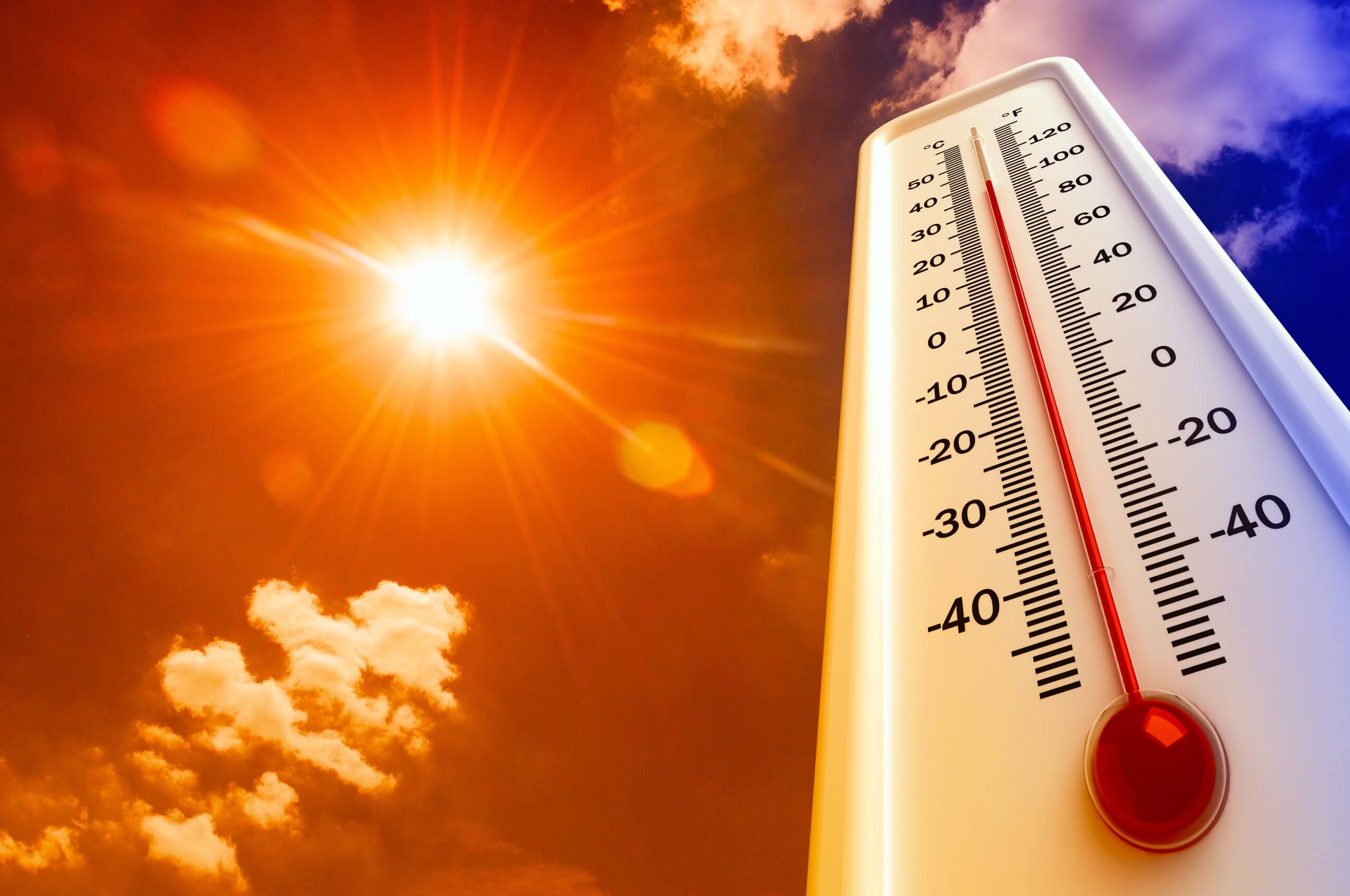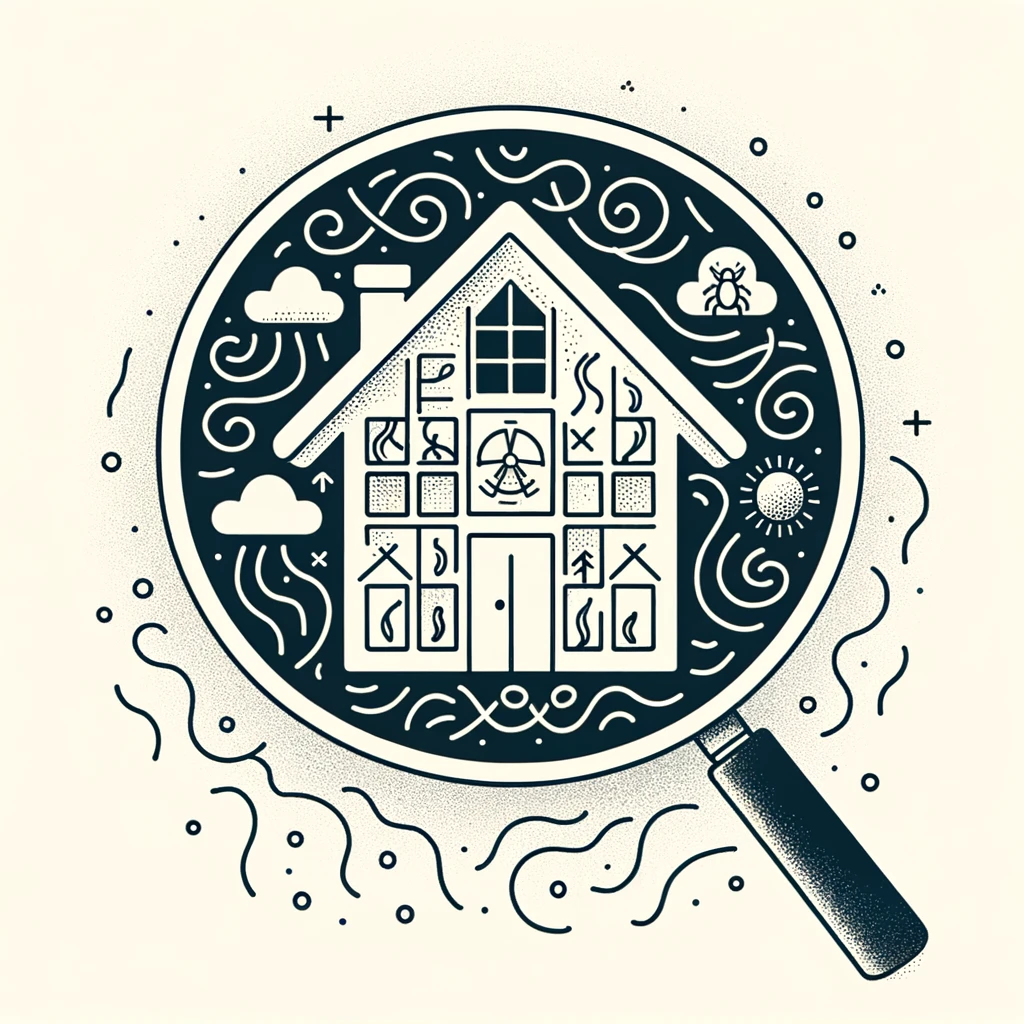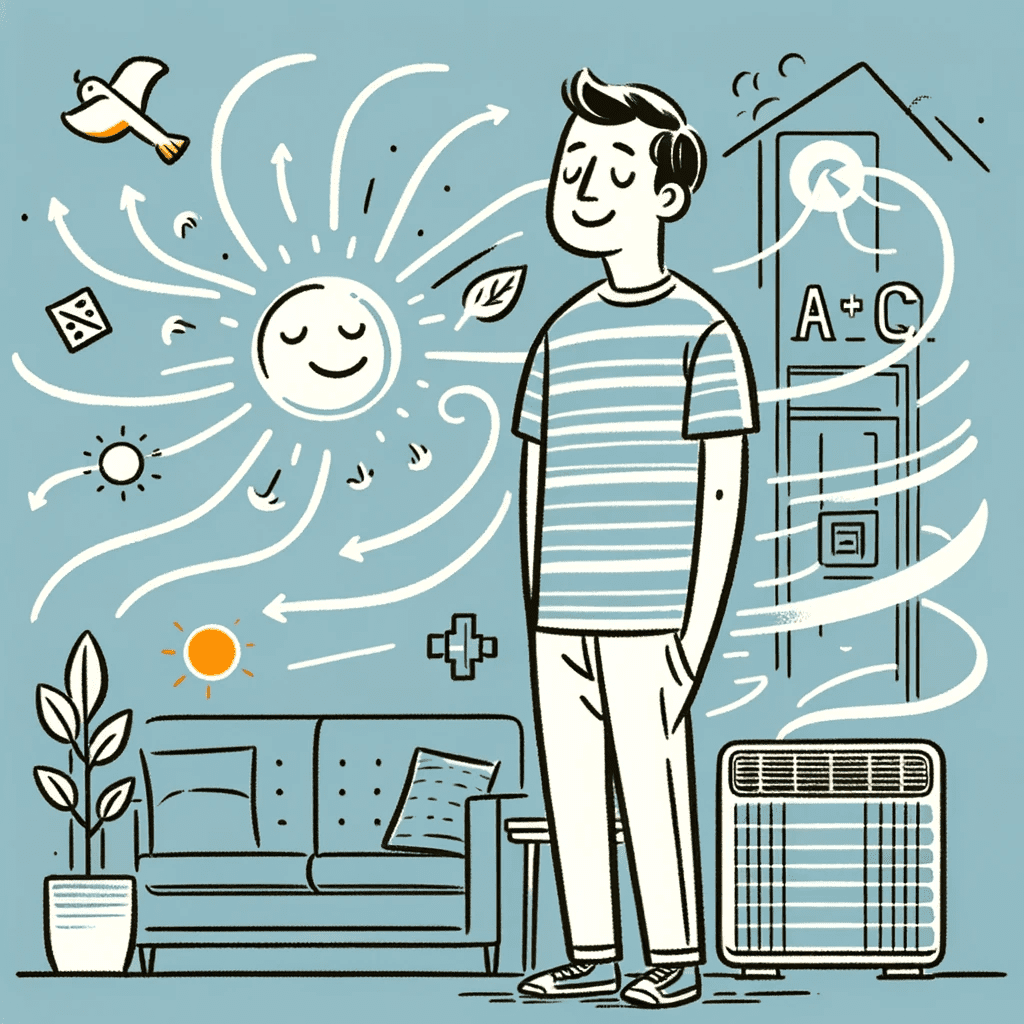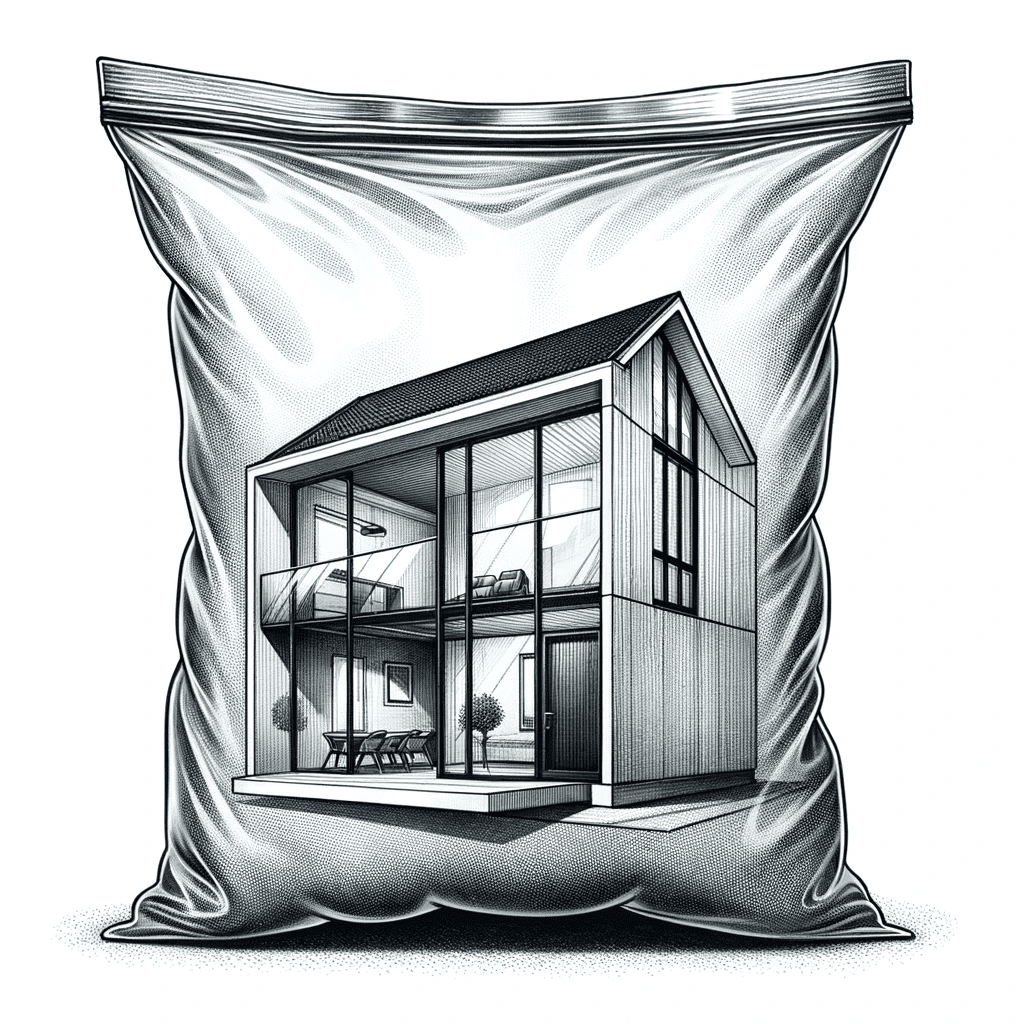This July, heat waves are spreading across North America at an unprecedented rate. Across the U.S. and Canada, they are occurring more often and for longer periods of time overall. As a result, public health officials and researchers are particularly concerned about the safety of students and outdoor workers. They are interested in naming heatwaves similar to how we name hurricanes.
Major CA heatwave still appears to be in the cards 5-7 days from now. Another prolonged period of very hot conditions is possible across interior, and coastal spots will probably get hotter than last PacNW-focused event. Still not clear exactly hot hot it may get. #CAwx #CAfire pic.twitter.com/gPwpE1aJh6
— Daniel Swain (@Weather_West) July 5, 2021
“We need more drama for heat waves and we think that a name is going to do that,” Kathy Baughman-McLeod, director of the Adrienne Arsht–Rockefeller Foundation Resilience Center and a leader of Extreme Heat Resilience Alliance, told the CBC last year. She believes naming tropical storms, hurricanes and cyclones brought increased awareness to natural disasters. It’s also built a culture of prevention, preparation and resources for areas of the world plagued by them.
How Heat Waves Affect Indoor Air Quality
From an indoor air quality perspective, dramatizing heat waves is necessary. That’s because most don’t associate heat with the indoor air quality issues that arise from high outdoor temperatures.
“The reality is, heat combined with smog creates dangerous levels of ground-level ozone,” said Rob Ambrosetti, KGG Consulting’s HVAC/IAQ training director. Exposure to ozone can be detrimental to the young, old, active outdoorsy types and people with respiratory diseases alike.
What makes ground-level ozone so harmful is that it’s at a level where humans breathe in large amounts of the pollutant. There, it also seeps into our homes and negatively impacts our indoor air quality and health. As an indoor air pollutant, there are several steps you can take to protect your family and mitigate the effects of ozone.
How Do Heat Days Affect Students and Outdoor Workers?
Heat days are defined as days when temperatures are 90 degrees or higher. To address these extreme settings, experts suggest students and outdoor workers should stay home on heat days. Alternatively, employers could schedule shifts to start work earlier in the day to keep their outdoor employees safe.
In addition to the ongoing “heat advisory”, today is also an “Air Quality Alert” day. Ground level ozone concentrations are expected to reach or exceed unhealthy levels. pic.twitter.com/CVFpgM9sv2
— Michelle Muscatello (@michmuscatello) June 29, 2021
Across the U.S., students learning in hot classrooms are also affected by rising temperatures. Studies show that for every single degree increase, there’s a correlating reduction in the amount a student learns by one percent.
At this time, the idea of taking heat days off is simply a concept. Nothing is set as far as how this idea could work for schools, parents, employees or students. Should heat days move from concept to reality, there will be lots to figure out among those impacted.





